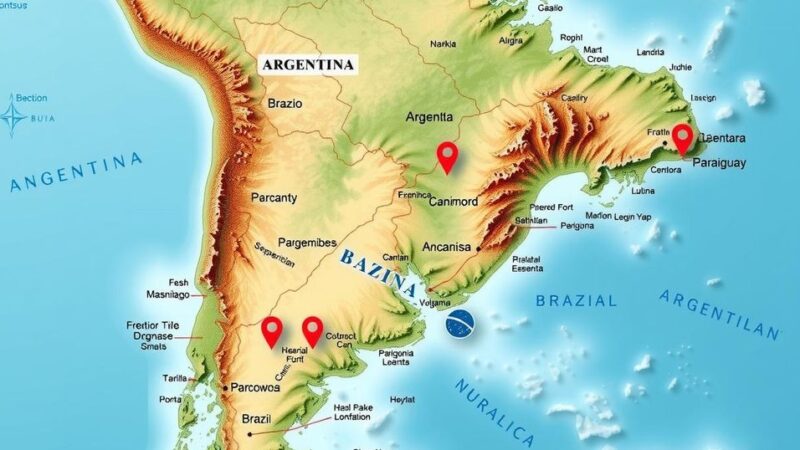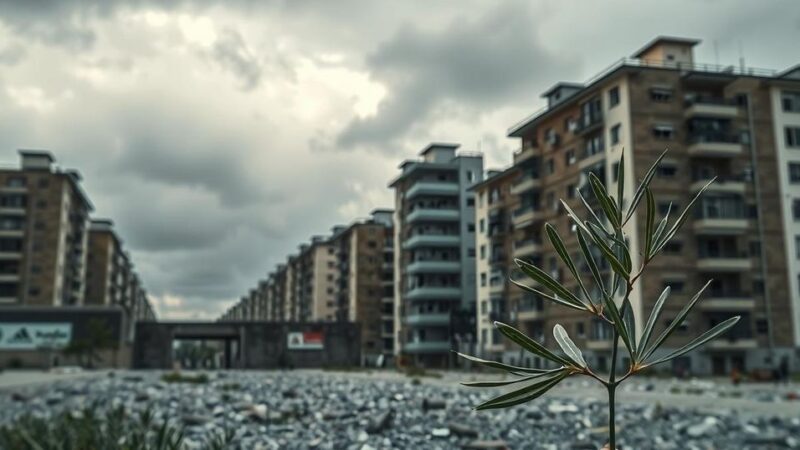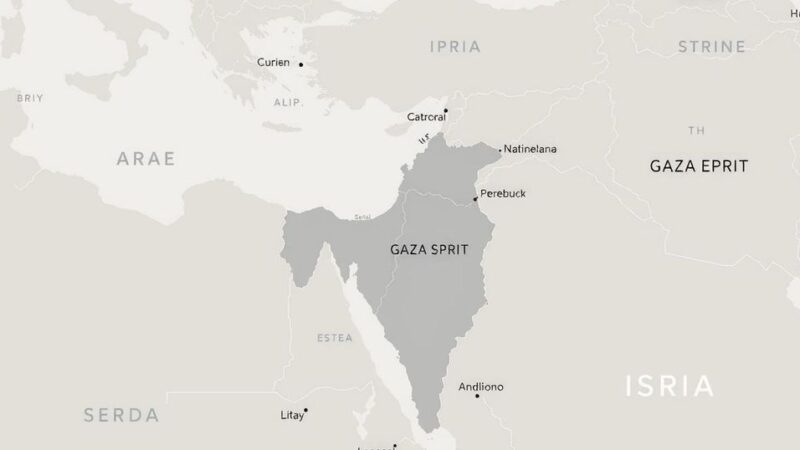Libya has acknowledged the ICC’s jurisdiction to investigate war crimes, despite not being a treaty party. Chief prosecutor Karim Khan welcomed this, highlighting ongoing investigations into human rights abuses. A significant figure, Osama Elmasry Njeem, remains free despite his serious accusations. The ICC has struggled with cooperation from Libyan authorities since 2011, raising concerns on justice efforts amidst broader political challenges.
Libya has officially recognized the International Criminal Court’s (ICC) authority to investigate potential war crimes within its borders, according to chief prosecutor Karim Khan who made the announcement on Thursday. This acknowledgment is notable considering Libya is not a party to the founding treaty of the ICC. Khan expressed strong support, stating, “I strongly welcome the courage, the leadership and the decision by the Libyan authorities” regarding the ICC’s jurisdiction over alleged crimes in the country.
In a virtual address to the UN Security Council, Khan underscored the significance of this decision, drawing attention to ongoing investigations into what he described as a “black box of suffering on the Mediterranean coast,” alluding to detention centers implicated in human rights abuses. He reiterated that Libyan authorities have shown intention to cooperate with the ICC and urged for the handover of a key suspect linked to serious crimes against migrants and refugees.
A pivotal detail emerged from his briefing about a suspect named Osama Elmasry Njeem, a former commander of the disbanded Special Deterrence Force, who was arrested in January. Njeem led the Mitiga detention center and faces accusations relating to war crimes, murder, and torture. Following a brief detention in Italy, he was released and returned to Libya, which sparked disappointment among victims. Khan lamented, “There was real disappointment amongst victims that Mr. Njeem has been returned to the scene of the alleged crimes,” accentuating the ongoing struggle for justice.
The ICC’s inquiries into Libya began in 2011 when the Security Council referred the situation after the fall of long-time ruler Muammar Qaddafi. In an update provided by Khan, he stated that his office plans to conclude its investigation in Libya by the close of 2025, after which no new arrest warrants would be issued. Currently, the ICC has issued warrants for 12 individuals associated with alleged crimes during key events such as the 2011 revolution and the subsequent conflicts.
Despite this, Libya has not managed to arrest or transfer any ICC suspects since the initial referral, significantly hindering justice efforts. The Security Council has not acted effectively on the ICC’s past requests for cooperation from Libya. This context plays into a broader narrative regarding the court’s challenges, especially after US President Donald Trump signed an executive order in February authorizing sanctions against ICC officials, which has added complexities to the dynamic.
US representatives have also criticized the ICC, labeling it a “politicized” institution. John Kelley, acting alternate representative to the UN, accused the court of bias and illegitimacy, particularly regarding actions targeting the US and Israel. The ICC recently approved arrest warrants for Israeli leaders tied to alleged war crimes during conflicts, leading some Security Council members to express opposition against undermining the court’s authority, indicating a divide in international perspective on the ICC’s role and its implications for justice.
In conclusion, Libya’s recent acknowledgment of the ICC’s jurisdiction marks a significant step towards addressing past war crimes, despite ongoing challenges regarding cooperation and accountability. The situation underscores the ICC’s ongoing struggle for legitimacy and effectiveness, particularly amid external criticisms and political controversies. It will be crucial to observe the forthcoming actions of Libyan authorities as the ICC aims to finalize its investigations by 2025.
Original Source: www.thenationalnews.com






